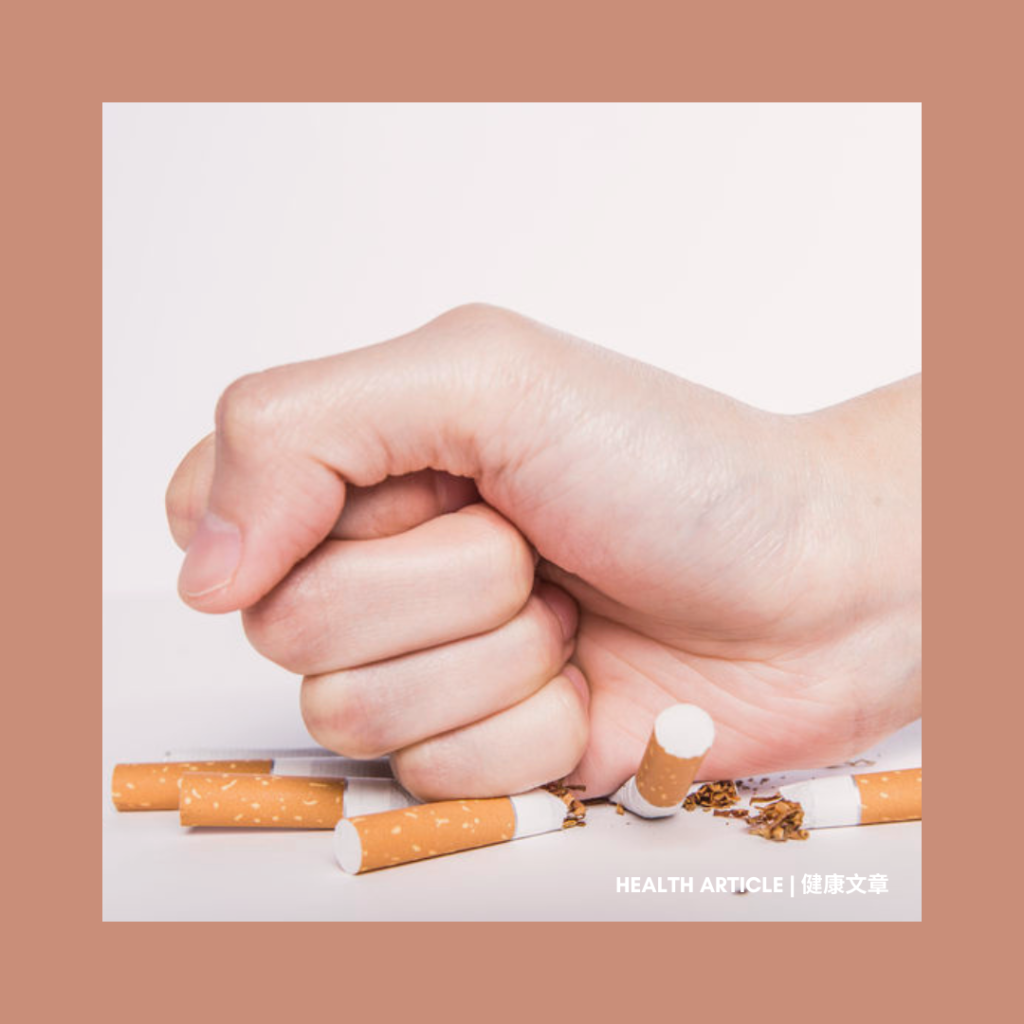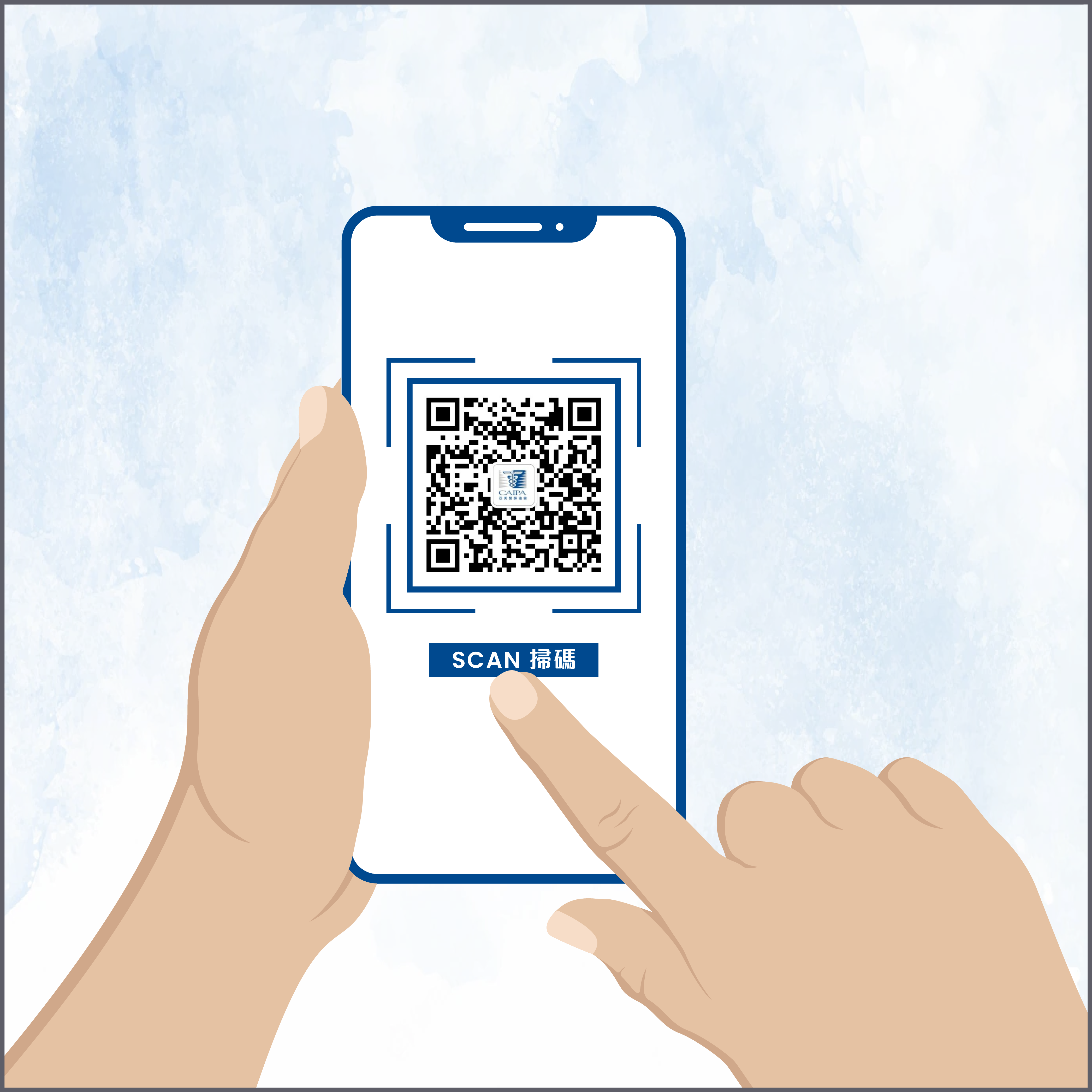
In 2016, 9% of the Asian population in New York who smoked were less likely to use NRT, compared to 20% of the White population, 24% of the Black population, and 26% of the Hispanic/Latino population in New York.
New York City Department of Health and Mental Hygiene
Health care providers can help all their patients who smoke by providing them with important information about tobacco treatment, regardless of their readiness to quit. Certain tobacco treatments can help patients manage their withdrawal symptoms and reach their personal goals, such as staying smoke-free when at home, at work, or with family. Treatment may include nicotine replacement therapy (NRT), such as patches, gums, lozenges, nasal sprays and inhalers, and oral medications, such as varenicline and bupropion SR.
The New York City Department of Health and Mental Hygiene encourages providers to:
- Ask patients about their smoking history and offer tobacco treatment to all patients who smoke. Even for patients who are not ready to quit, NRT can help them reach their personal goals and improve their chances of quitting in the future. For a quiz that patients can take to assess how ready they are to change their tobacco use, visit nyc.gov/tobacco-quiz-ch. For guidance on your patients’ quiz responses, visit on.nyc.gov/tobacco-quiz-providers-ch.
- Share information with patients about tobacco treatment, including which medications their insurance plans can cover and other ways to get medication.
- For a pocket guide on tobacco treatment medications, visit nyc.gov/tobacco-treatment-guide-ch.
- For an insurance guide on how to access tobacco treatment medications, visit nyc.gov/tobacco-insurance-guide-ch.
- Review how to prescribe tobacco treatment medications and counsel patients on how to deal with smoking triggers and withdrawal symptoms.
- For information on prescribing tobacco treatment medications to your patients, visit nyc.gov/cessation-medication-chart.
- For information on counseling your patients to quit smoking, visit nyc.gov/quit-smoking-coaching-guide.Visit nyc.gov/cessation-billing for information on billing for counseling services.
- Follow up regularly with patients who smoke to provide continuous counseling and medication support.
- Refer patients to resources for additional coaching support.
- Share resources with patients that provide additional motivation.
- For a booklet on reasons, tips and resources for quitting, visit nyc.gov/still-smoking-booklet-ch.
- For a brochure on how much money someone can save by quitting, visit nyc.gov/quit-to-save-ch.
These tools and resources can help you support your patients who smoke, no matter what their goals are. If you have any questions, please email: tobacco@health.nyc.gov.





